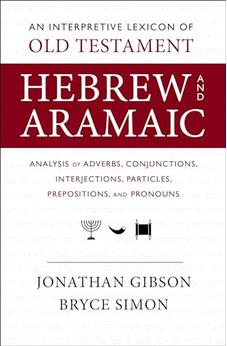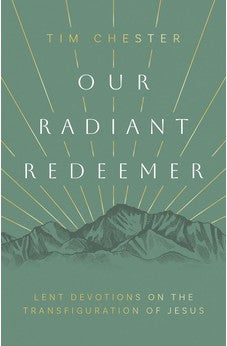What Did the Biblical Writers Know and When Did They Know It?: What Archeology Can Tell Us About the Reality of Ancient Israel
3 Great Reasons to Buy from Us:
Review David Noel Freedman"Dever is one of the very best archaeologists of the Near East, and everything he writes needs to be taken with the utmost seriousness. . . . Required reading."Library Journal"Dever provides a judicious analysis of archaeological data and shows how it squares with what much of the biblical text tells us. . . . Highly polemical (and for good reason), this book attempts to correct various recent assertions based more on feelings for the modern Israeli-Palestinian question than on any concern for honest history. . . . Dever's accessible book offers a sound critical examination of Israel's origins. An advisable purchase for all academic and most public libraries."Publishers Weekly"A helpful introduction to the world of Syro-Palestinian archaeology and its possible interaction with biblical studies."The Jerusalem Report"Meticulously detailed . . . very illuminating, well-informed and surprisingly balanced."Lawrence E. Stager"William Dever, a master of the world of Syro-Palestinian archaeology and history, has written a masterpiece." For centuries the Hebrew Bible has been the fountainhead of the Judeo- Christian tradition. Today, however, the entire biblical tradition, including its historical veracity, is being challenged. Leading this assault is a group of scholars described as the "minimalist" or "revisionist" school of biblical studies, which charges that the Hebrew Bible is largely pious fiction, that its writers and editors invented "ancient Israel" as a piece of late Jewish propaganda in the Hellenistic era. In this fascinating book noted Syro- Palestinian archaeologist William G. Dever attacks the minimalist position head-on, showing how modern archaeology brilliantly illuminates both life in ancient Palestine and the sacred scriptures as we have them today. Assembling a wealth of archaeological evidence, Dever builds the clearest, most complete picture yet of the real Israel that existed during the Iron Age of ancient Palestine (1200-600 B.C.). Dever's exceptional reconstruction of this key period points up the minimalists' abuse of archaeology and reveals the weakness of their revisionist histories. Dever shows that ancient Israel, far from being an "invention," is a reality to be discovered. Equally important, his recovery of a reliable core history of ancient Israel provides a firm foundation from which to appreciate the aesthetic value and lofty moral aspirations of the Hebrew Bible. From the Back Cover For centuries the Hebrew Bible has been the fountainhead of the Judeo-Christian tradition. Today, however, the entire biblical tradition, including its historical veracity, is being challenged. Leading this assault is a group of scholars described as the "minimalist" or "revisionist" school of biblical studies, which charges that the Hebrew Bible is largely pious fiction, that its writers and editors invented "ancient Israel" as a piece of late Jewish propaganda in the Hellenistic era.In this fascinating book noted Syro-Palestinian archaeologist William G. Dever attacks the minimalist position head-on, showing how modern archaeology brilliantly illuminates both life in ancient Palestine and the sacred scriptures as we have them today. Assembling a wealth of archaeological evidence, Dever builds the clearest, most complete yet of the "real Israel that existed during the Iron Age of ancient Palestine (1200-600 B.C.).Dever's exceptional reconstruction of this key period points up the minimalists' abuse of archaeology and reveals the weakness of their revisionist histories. Dever shows that ancient Israel, far from being an "invention, " is a reality to be "discovered. Equally important, his recovery of a reliable core history of ancient Israel provides a firm foundation from which to appreciate the aesthetic value and lofty moral aspirations of the Hebrew Bible. About the Author William G. Dever is professor emeritus of Near Easternarchaeology
































